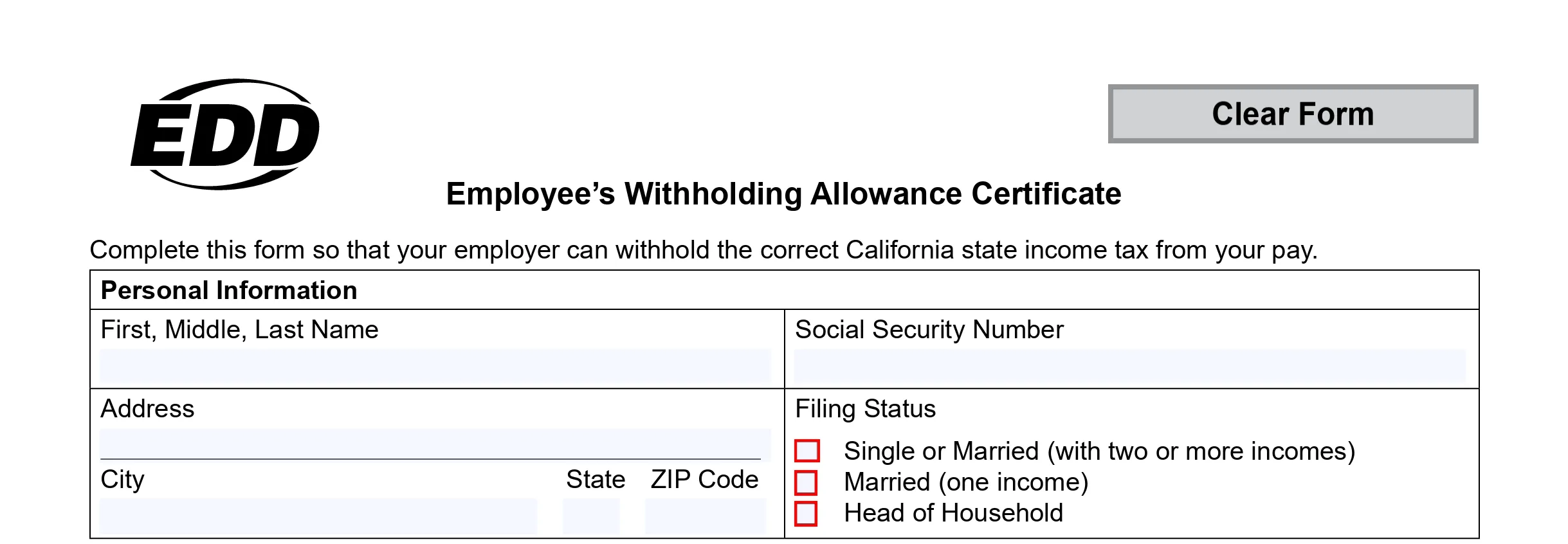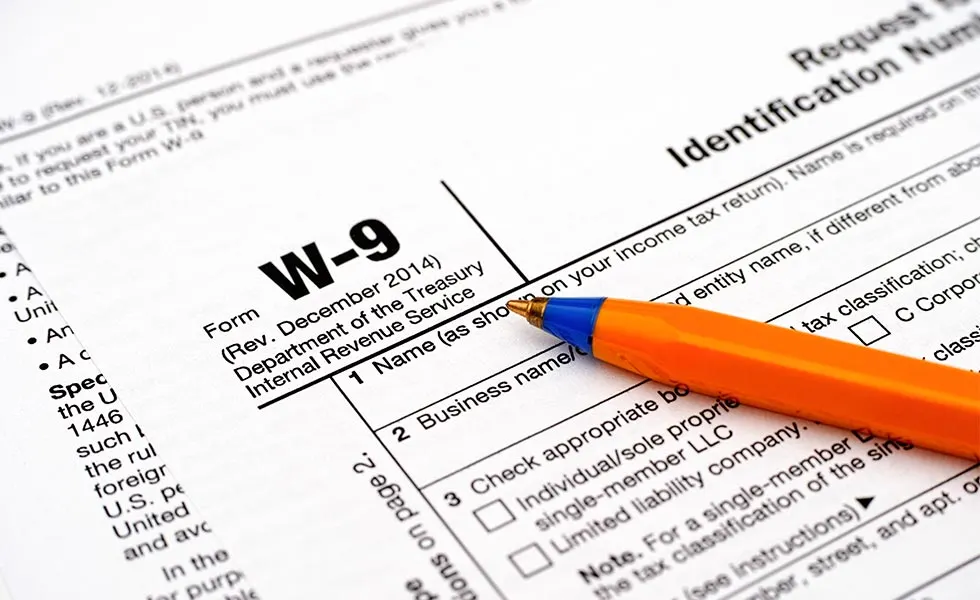WARNING: Counterfeit Checks - Most common fraud targeting Law Firms Trust Accounts

As Law Firms Specialist accountants/bookkeepers, our goal is to coach and guide you in your Financials, and in our constant search for tools and advice, today we want to address one of the most common frauds that specifically target Trust Accounts.
Counterfeit Bank Check
Nowadays, technology has given the ability to create very good counterfeit checks, 8 out of 10 it is hard to tell if you have encountered one of those. Nevertheless, we want you to be aware of a few red flags that can help you be on the lookout for more details on that specific case/check.
Usually, the scammer acts like a potential client looking for representation (typically commercial debt collection or divorce settlement collection). Once you agree to take the case and start requesting the “client” to provide you with documentation of the “debt,” (often including warehouse receipts, contracts, bills of lading, etc.), no more than a few days later you will receive a letter and certified bank check from the supposed debtor who is willing to pay right away to avoid any “Law complications”. Your next step will be to deposit the certified bank check into the trust account.
Suddenly, you find yourself with a client demanding their payment via wire. Since the funds are available via provisional credit (By law, banks have to make deposited funds available quickly, usually within two days), you complete your billing process for all your time and expenses (which was probably nothing) and pay the law firm and then you proceed to wire the difference to your “client”. Happy “client”, you never heard from them again.
Few days or maybe weeks later, reality hits, the bank bounced the check and you have most likely a negative balance in your trust account. Since you disbursed the money on provisional credit you are now responsible for replenishing any trust account deficit.
This sounds terrifying, all the stress starts right there, thinking that you will lose your license, how you will repay the funds, and so on.
If you find yourself in some situation like this, always take a good look at the check before depositing to look for possible errors like:
- Spelling errors or obvious alterations.
- Check the MICR line for errors.
- Check that the payor's address actually exists.
- Confirm the identity of the payor.
- Check the payment amount is correct.
Believe it or not, this happens, and a lot. To be prepared on what to do if you are a victim of this type of fraud please visit for more information the Federal Trade Commission: How to Spot, Avoid, and Report fake check scams
We hope you find this information useful, if you have any questions or need assistance to resolve this type of situation in your books please schedule a call or contact us at [email protected]



